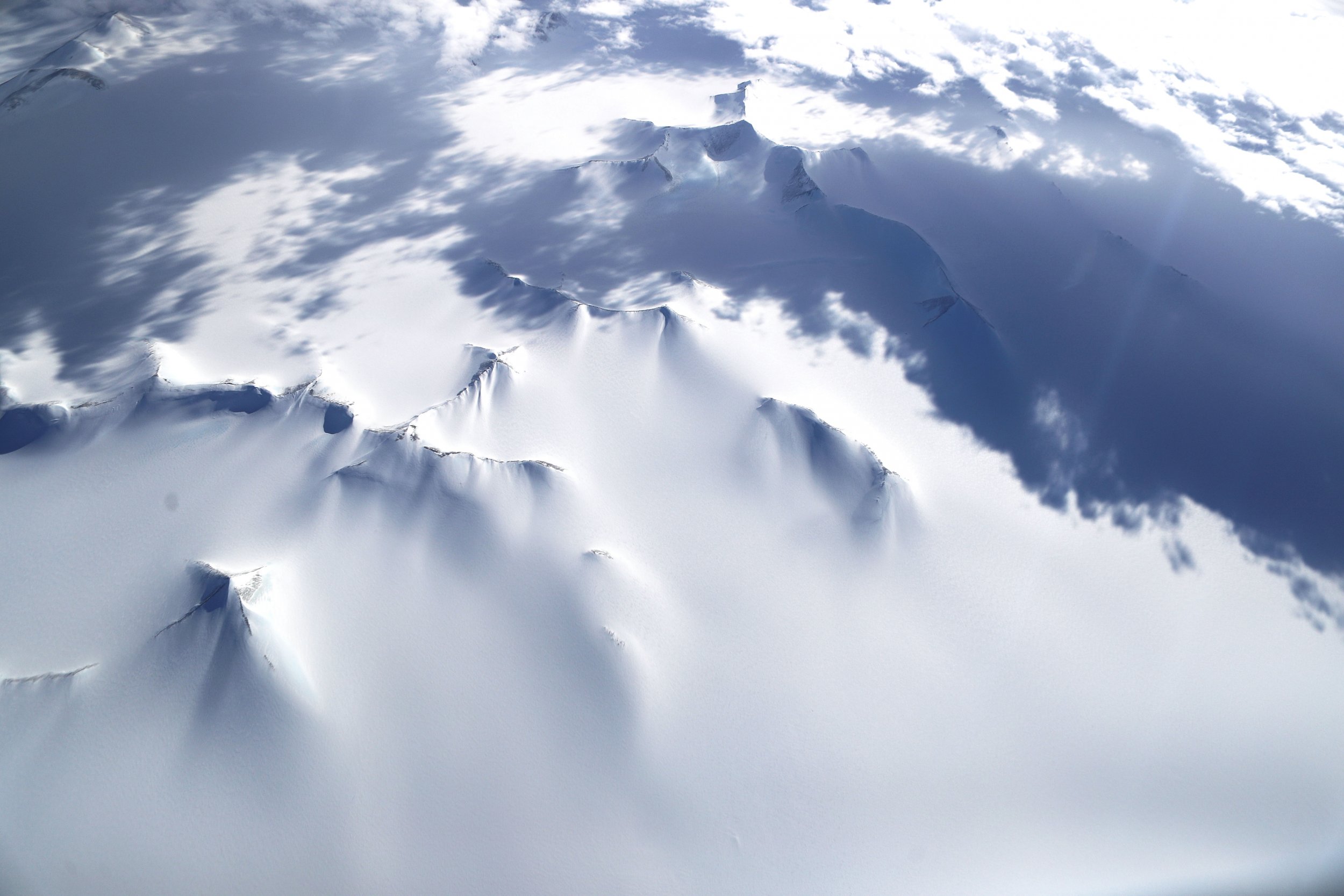
As global average temperatures continue to rise, it's becoming increasingly clear that ice at the poles is melting faster than ever before. This is bad news considering that Antarctica alone holds over seven times more land-ice than all other sources in the world combined and contains enough water to raise global sea levels by 190 feet, according to NASA.
Now, a study published in the journal Proceedings of the National Academy of Sciences has found that annual ice mass loss in Antarctica increased by six times between 1979 and 2017, corresponding to a sea level rise of more than half an inch in that period.
"That's just the tip of the iceberg, so to speak," Eric Rignot, lead author of the study from the University of California, Irvine and NASA's Jet Propulsion Laboratory, said in a statement. "As the Antarctic ice sheet continues to melt away, we expect multi-meter sea level rise from Antarctica in the coming centuries."
According to Rignot and his team, the study is the longest ever assessment of Antarctic ice mass, while also covering a large geographical area, encompassing 18 different regions in total.
For their research, the team examined images taken NASA research aircraft as well as satellite data collected by several agencies.
Their findings showed that between 1979 and 1990, Antarctica lost an average of 40 billion tons of ice every year. However, in the period from 2009 to 2017, this figure jumped to 252 billion tons. In fact, the rate of ice loss for the period between 2001 and 2017 was 280 percent higher than it was between 1979 and 2001.
Furthermore, the study shows how the East Antarctica region has played a significant role in the trends that were identified.
"The Wilkes Land sector of East Antarctica has, overall, always been an important participant in the mass loss, even as far back as the 1980s, as our research has shown," Rignot said. "This region is probably more sensitive to climate [change] than has traditionally been assumed, and that's important to know, because it holds even more ice than West Antarctica and the Antarctic Peninsula together."
The regions of ice which are close to warm water tend to be the ones where ice mass loss is the worst, Rignot added. "As climate warming and ozone depletion send more ocean heat toward those sectors, they will continue to contribute to sea level rise from Antarctica in decades to come."
The significance of the study, Rignot told Newsweek, is that "Antarctica is not melting away in just a few small regions but over very large areas."
Read more: Antarctica has lost nearly 3 trillion metric tons of ice since 1992
The latest results echo those of a landmark international study published in the journal Nature in June last year which found that Antarctica could have lost up to 2,720 billion tons of ice between 1992 and 2017. Similarly, the paper found that the rate of ice loss increased threefold over this period.
This article was updated to include comments from Eric Rignot.
Uncommon Knowledge
Newsweek is committed to challenging conventional wisdom and finding connections in the search for common ground.
Newsweek is committed to challenging conventional wisdom and finding connections in the search for common ground.
About the writer
Aristos is a Newsweek science reporter with the London, U.K., bureau. He reports on science and health topics, including; animal, ... Read more
To read how Newsweek uses AI as a newsroom tool, Click here.








